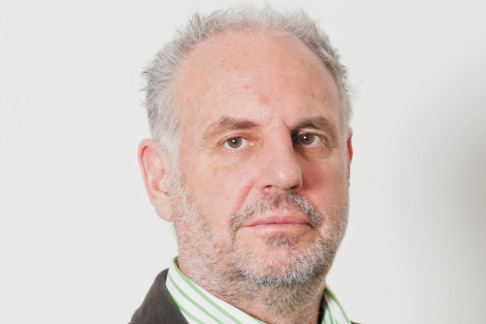Restrictions on Euthanasia Advocate’s Suicide Promotion
 Media Release Euthanasia-Free NZ 26 October 2015
Media Release Euthanasia-Free NZ 26 October 2015
Euthanasia-Free NZ welcomes the Australian Medical Board’s decision to impose restrictions on the medical practice of Dr Phillip Nitschke, the most prominent Australasian advocate of voluntary euthanasia.
“The Board’s decision sends a strong message that it is inappropriate for a doctor to encourage or help someone else to end their own life,” says Renee Joubert, executive officer of Euthanasia-Free NZ.
Dr Nitschke advocates “rational suicide” for anyone 15 years or older, regardless of their health status or reasons for wanting to die. He promotes a “DIY suicide kit” and has been conducting workshops on how to commit suicide in his capacity as director of the voluntary euthanasia organisation EXIT.
In 2014 he came under fire from two Australian suicide prevention organisations, Beyond Blue and the Black Dog Institute, after his involvement in the suicide of a physically healthy 45-year-old Australian man, Nigel Brayley.
Complaints have also been made regarding the suicides of Erin Berg, a 39-year-old mother suffering from post-natal depression who died an agonizing death from euthanasia drugs; Lucas Taylor, a 26-year-old suffering from hidden depression; Gillian Clark, a 47-year-old who was undergoing medical tests; and Joe Waterman, a physically healthy 25-year-old, among others.
The Board intends to conclude the longstanding legal and tribunal hearings about Dr Nitschke’s professional conduct with twenty-five conditions. They include not providing advice or information on suicide, not endorsing or encouraging suicide, and referring patients or members of the public interested in suicide to a registered health practitioner or a local health service.
“There is a very fine line between voluntary euthanasia and suicide,” says Ms Joubert. “The only difference between the Nembutal suicides that Dr Nitschke have been facilitating and voluntary euthanasia is the method the lethal drugs are administered. It’s suicide when people administered the drugs themselves. If the drugs had been injected by another person, it would have been called voluntary euthanasia.”
“The promotion of voluntary euthanasia clearly contradicts and undermines suicide prevention.”
ENDS
‘Doctor Death’ agrees to stop providing advice on how to commit suicide
OneNewsNow 26 October 2015
The longstanding legal battle surrounding the euthanasia campaigner’s professional conduct has come to an end, with the doctor agreeing to stop providing any advice or information on how to commit suicide.
The Medical Board of Australia has imposed 25 strict conditions on Philip Nitschke, known as Doctor Death, in a mediated settlement that will require he practise only in the Northern Territory and under the indirect supervision of a board-appointed supervisor for two years.
Dr Nitschke has consented to the conditions imposed, the regulation agency says, and a tribunal hearing scheduled for November will no longer proceed.
Euthanasia-Free NZ has welcomed the decision to impose restrictions on Dr Nitschke, who they say advocates “rational suicide” for anyone 15 years or older, regardless of their health status or reasons for wanting to die.
Executive officer Renee Joubert says the decision “sends a strong message that it is inappropriate for a doctor to encourage or help someone else to end their own life.”
https://www.tvnz.co.nz/one-news/world/-doctor-death-agrees-to-stop-providing-advice-on-how-commit-suicide-q17517






